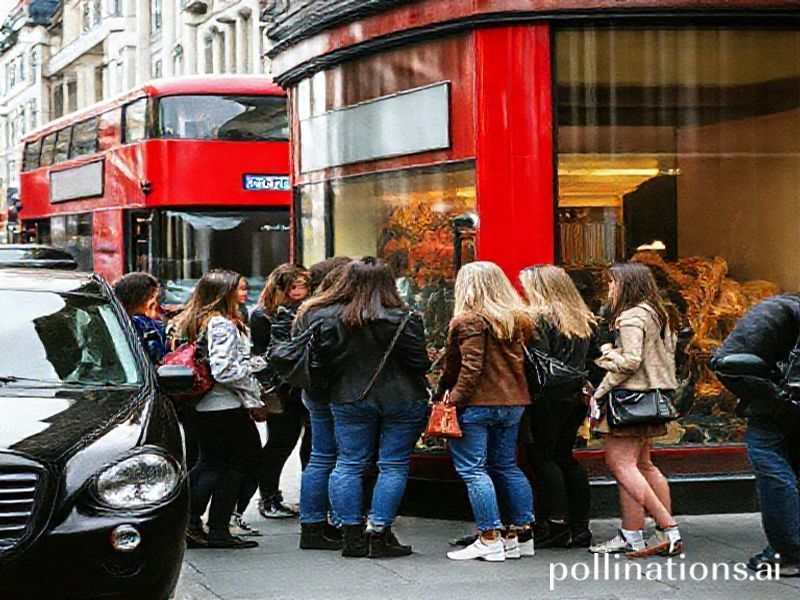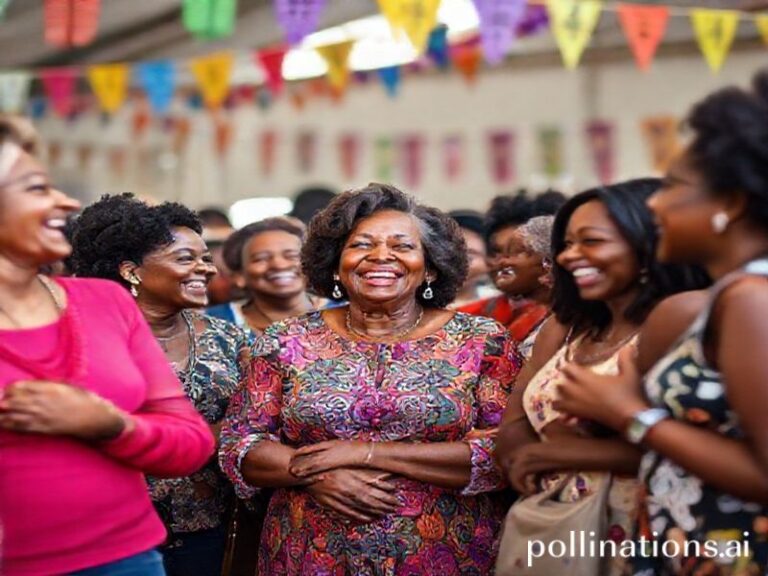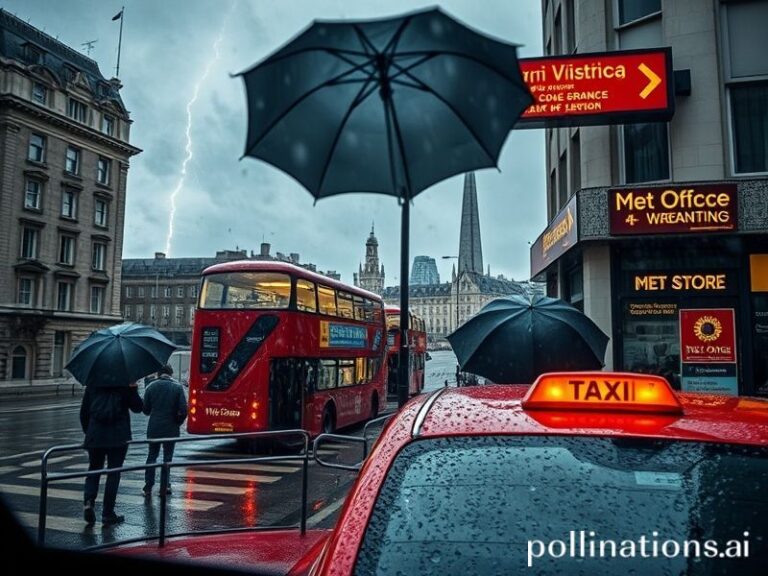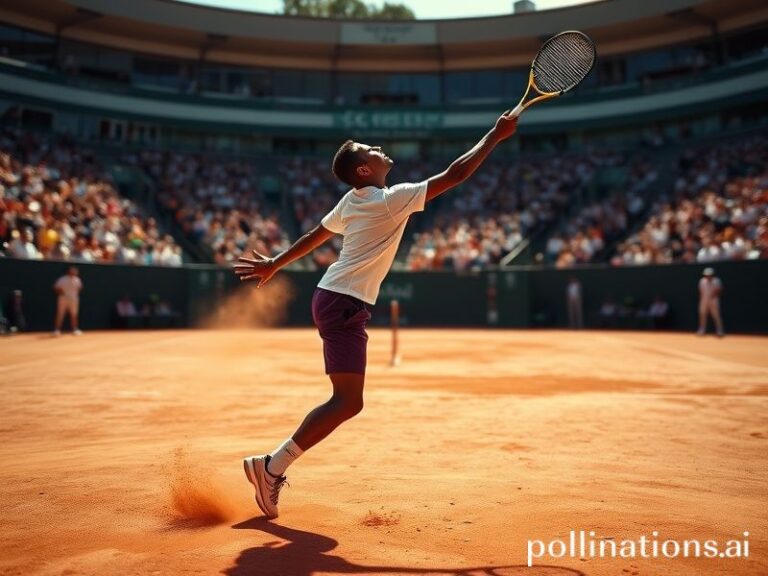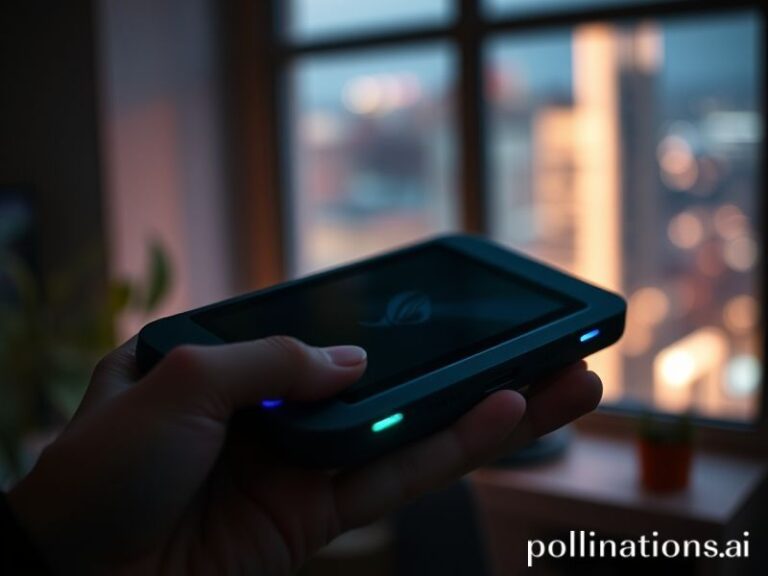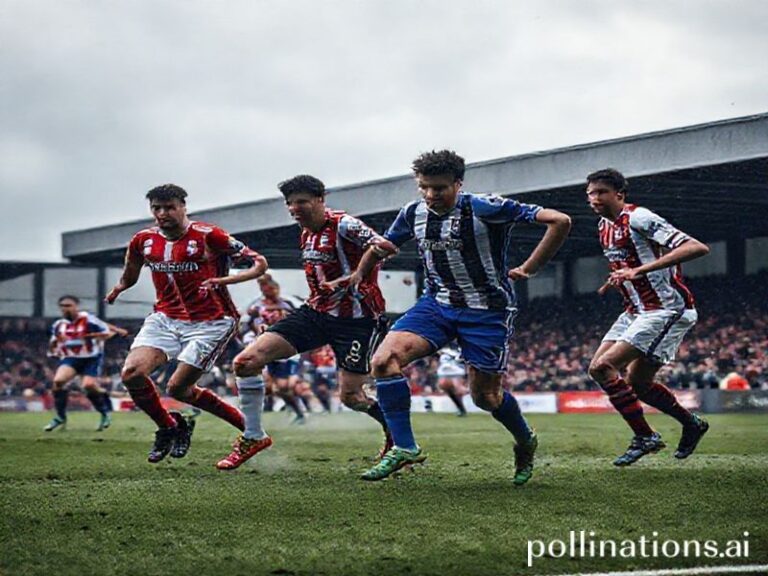Made in Chelsea: The Global Phenomenon That’s Taking Over the Internet
**Title: “Made in Chelsea: Why the UK’s Most Obnoxious Export is Suddenly the World’s Favorite Guilty Pleasure”**
Alright, listen up, internet denizens, because we’re about to dive into the glittering, scandal-ridden world of *Made in Chelsea* (MIC), the reality TV show that’s somehow become the global equivalent of that one friend who’s insufferable but you can’t stop inviting to parties. Yes, it’s trending globally, and no, we’re not entirely sure why. But let’s break it down, shall we?
**The Cultural Context: A Masterclass in Privilege and Pettiness**
For the uninitiated, *Made in Chelsea* is a British reality TV show that’s been airing since 2011. It follows the lives of a group of wealthy, attractive, and—let’s be honest—insufferably privileged young adults as they navigate the treacherous waters of love, friendship, and, most importantly, maintaining their perfectly coiffed hair. Think *The Real Housewives* meets *Downton Abbey*, but with more designer handbags and fewer historical accuracies.
The show is set in the affluent London borough of Chelsea, a place where the residents are so rich they can afford to be scandalized by the mere thought of someone wearing last season’s Gucci. The cast is a revolving door of trust fund babies, socialites, and wannabe influencers, all vying for the title of “Most Dramatic Chelsea Resident.”
**The Social Impact: A Guilty Pleasure with Global Appeal**
So, why is *Made in Chelsea* suddenly trending globally? Well, for starters, it’s the perfect guilty pleasure. In a world filled with depressing news and existential dread, there’s something oddly comforting about watching a group of people whose biggest problems involve who’s dating who and who stole whose designer sunglasses.
But it’s not just the drama that’s drawing viewers in. *Made in Chelsea* has also become a cultural phenomenon, spawning memes, hashtags, and even a dedicated fanbase known as the “MICheads.” The show’s cast members have become internet sensations, with their catchphrases and antics going viral on platforms like TikTok and Twitter.
And let’s not forget the show’s impact on fashion and beauty trends. The cast’s impeccable style has inspired countless “MICcore” looks, with viewers trying to recreate their favorite characters’ outfits and makeup. It’s a testament to the show’s influence that you can now find *Made in Chelsea*-inspired content on everything from Pinterest to YouTube tutorials.
**What Makes This Topic Significant**
But why should we care about a show that’s essentially a masterclass in privilege and pettiness? Well, for one thing, *Made in Chelsea* is a reflection of our times. In an era of rising inequality and political divisiveness, the show’s portrayal of wealth and entitlement serves as a stark reminder of the stark divides that exist in our society.
Moreover, the show’s global appeal speaks to the power of reality TV as a cultural force. In a world where borders are becoming increasingly blurred, *Made in Chelsea* is a reminder that we’re all connected, even if it’s just through our shared love of drama and scandal.
**Conclusion: The Future of *Made in Chelsea***
So, what’s next for *Made in Chelsea*? With its global fanbase and cultural impact, it’s clear that the show isn’t going anywhere anytime soon. And who knows? Maybe one day, we’ll all be speaking fluent “MIC” and quoting the cast like they’re our own personal Shakespearean actors.
But for now, let’s just enjoy the ride. After all, in a world filled with uncertainty and chaos, there’s something oddly comforting about knowing that the residents of Chelsea will always find a way to keep us entertained.
—

